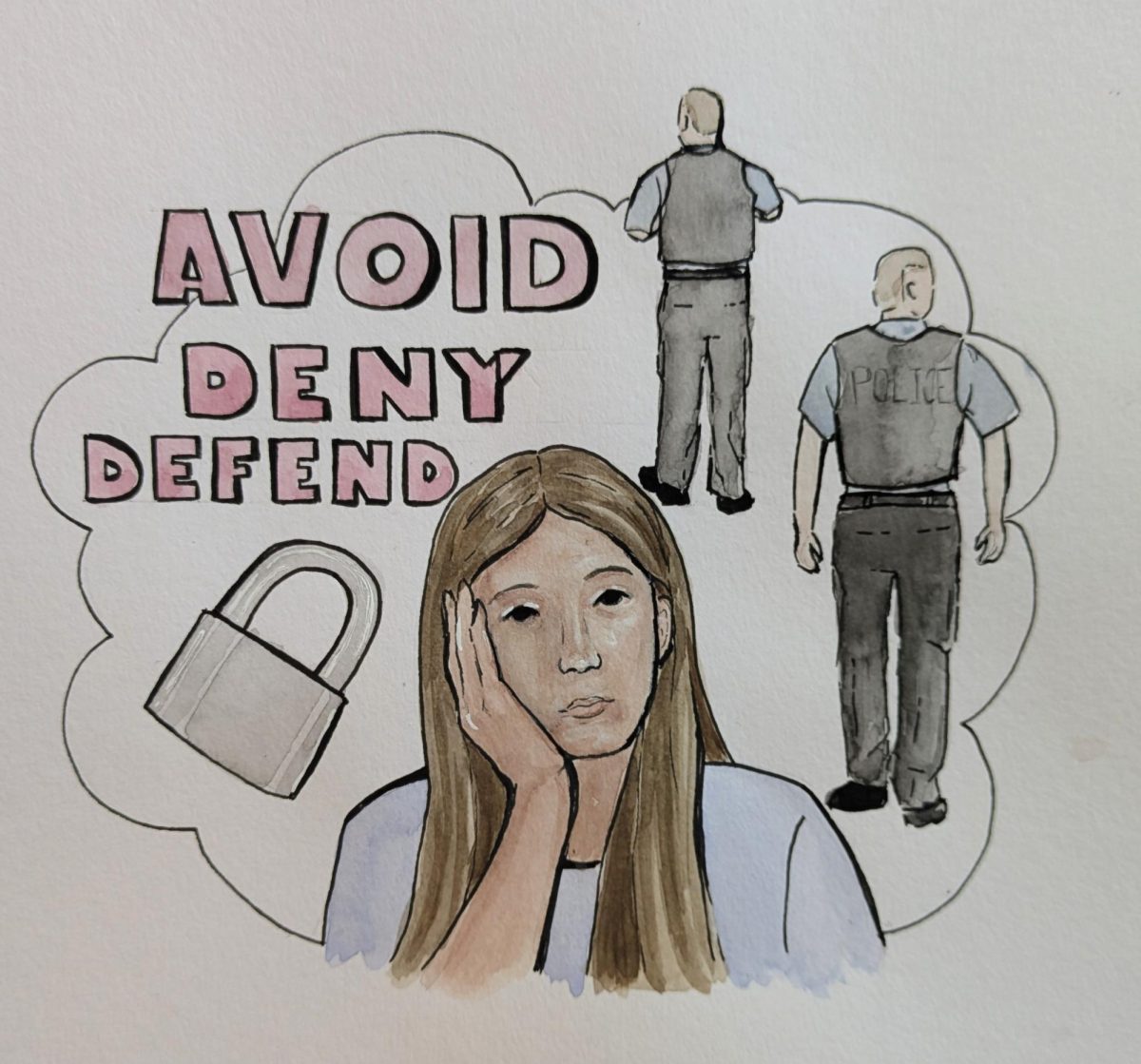As a junior, the question I ponder most now is: what is my life after high school going to look like? I still have no idea what type of college I want to go to or what I need to do to prepare myself for such a big change in my life.
Between college, trade school, a gap year, the work force, military, and so many other choices, all the options overwhelm me. Once I do pick a path, there are so many possible routes for each one.
Take college for example; there are private colleges, community colleges, liberal arts colleges, universities, and more. Not only that, but schools right here, across the country, or even abroad. But which one is the best fit for me? Which one will help me succeed in the future?
It’s scary to decide my future when I’m still in high school. Balancing my studies while also trying to plan for the future and start to look into what I do adds an immense amount of anxiety and stress to my life.
However, I think the most stressful part about applying for colleges is asking myself whether or not I’m doing enough right now in my high school career to get into a good school. For the foreseeable future, I see myself going to a four year college and then working to get my PhD in history. So how exactly am I going to achieve that?
I asked myself that question when receiving an invitation to the National Honor Society (NHS) in the very beginning of this year. I did not want to do NHS because I felt the effort I would have to put in was not worth the reward.
An article written by Jessica Chermak from Virtual College Counselors further solidifies my reasoning for not doing NHS, as it explains it has no real impact on college admissions.
“Truthfully, NHS is often redundant on a college application—This isn’t to say that a high GPA and community service aren’t important, just that most students excelling in either category will present this on their application outside of NHS membership,” Chermak said.
The point Chermark is trying to make is that you don’t need NHS to show you have a high GPA or that you volunteer because it already will be listed in the rest of your application. You have already proven yourself as an exceptional student and NHS doesn’t make you even greater.
Now, of course I’m not saying you shouldn’t do NHS at all. I’m saying that because it’s not
necessarily needed for the path I’m going on after high school, I’m not going to use my valuable time doing another extracurricular if it’s not going to really help me.
SATs and ACTs are another hot topic for high school students, as they recently went test optional on most college applications; however, the whole testing process is still stressful because depending on what school you apply to, colleges may look at the value of SATs and ACTs differently.
According to the Harvard Graduate School of Education, SATs or ACTs might improve your chances of admission if the college you’re applying for accepts them.
What I’m gathering from this information is that I should still take the SATs to increase my chance for acceptance. Another thing to add to my already long list of things I need to do now and my senior year. Even so, they are no longer essential to most colleges, which takes off the stress of needing a high score because even if I get a low score, I just won’t submit it.
Which brings me to my overall point: everyone’s path for after school and in school will be different. It doesn’t matter what route you take as long as you get to the destination you desire.






